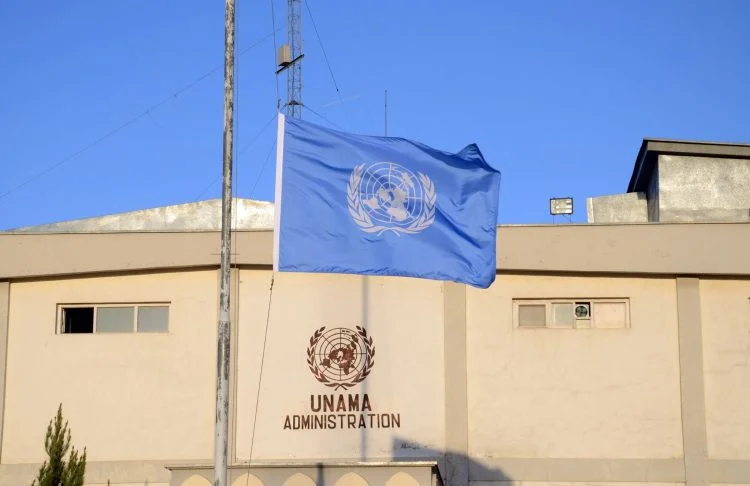New Delhi: While the world is focused on central and west Asia and the actions of the West vis-a-vis the wars in the Middle East and Europe, India has been looking and acting eastward with its Act East policy. Besides boosting its ties with Southeast Asian nations, New Delhi has been working silently and cautiously towards its policy in the Korean peninsula.
North Korea functions with a great degree of opacity, which in turn, leads New Delhi to also maintain its diplomatic relations with Pyongyang in the shadows, unnoticed and silent from the rest of the world.
In July 2021, India quietly shut its embassy in Pyongyang and Ambassador Atul Malhari Gotsurve along with the entire staff returned to New Delhi via Moscow. Though the Ministry of External Affairs never officially declared the embassy ‘closed’, when asked by journalists why the entire staff was called back, it said the step was taken due to COVID-19.
Years went by with no update on the diplomatic mission in Pyongyang, and fourteen months ago, Mr Gotsurve was given a new posting as Ambassador to Mongolia.
Another year went by, and then suddenly, earlier this month, India decided to resume normal operations at its embassy in Pyongyang. Within days a team comprising technical staff and diplomatic personnel were dispatched for North Korea. According to a report in The Tribune, the staff has already reached Pyongyang and are in the process of making the mission fully functional.
![Embassy of India in Pyongyang, North Korea [NDTV]](https://southasiatimes.org/wp-content/uploads/2024/12/t7hft4fk_indian-embassy-north-korea-indian-embassy-pyongyang_625x300_17_December_24.webp)
The embassy, now shut for more than three-and-a-half years, needs to first undergo a thorough check. North Korea, infamous for its suspicious intelligence-gathering techniques, would mean the staff must first debug the entire embassy building. This, and the delays expected from North Korea’s bureaucracy, means that a new Ambassador and the rest of the team might be several months away from joining the initial staff sent.
Also See: Modi in Moscow: A Strategic Tightrope Walk
NORTH KOREA’S GROWING IMPACT
North Korea’s strategic importance today is significantly more than it was four years ago – not just for India and Asia, but for the West too. Militarily, North Korea has been steadily growing its nuclear arsenal while also rapidly working on technology such as hypersonic missiles, tactical weapons, short, medium and long-range missiles, among others. For India, it is important to be present in Pyongyang and establish ties such, that such technology does not make its way to Pakistan or its rouge elements.
In the last few years, North Korea has also deepened its ties with Russia, China, and Iran – a growing alliance in Asia which many see as a counter to the Quad – a security and trade grouping comprising US, Japan, India, and Australia. This too is a major priority for India to tackle diplomatically.
While New Delhi already has very strong ties with Moscow, it shares good diplomatic relations with Tehran too. Neighbours India and China – the two most populous nations are also working to iron out differences to see lasting peace in Asia. That leaves Pyongyang – a relationship New Delhi has thus far tread with great caution.
North Korea has also increased trade ties with Russia and has even provided boots on the ground in Ukraine to battle alongside Russian soldiers.
Keeping Pyongyang’s growing stature and activity across Asia in mind, New Delhi aims to build on diplomatic ties in accordance with its global outlook and objectives. North Korea thus becomes increasingly important strategically for India and reopening the embassy in Pyongyang is seen as the first step to reestablishing a channel of communication.
This news is sourced from NDTV and is intended for informational purposes only.

![India reopens its embassy in Pyongyang, signaling a strategic shift as North Korea's influence grows in Asia. [Image via NDTV]](https://southasiatimes.org/wp-content/uploads/2024/12/qnmnpi2o_kim-jong-un-afp-_625x300_16_July_24.webp)




